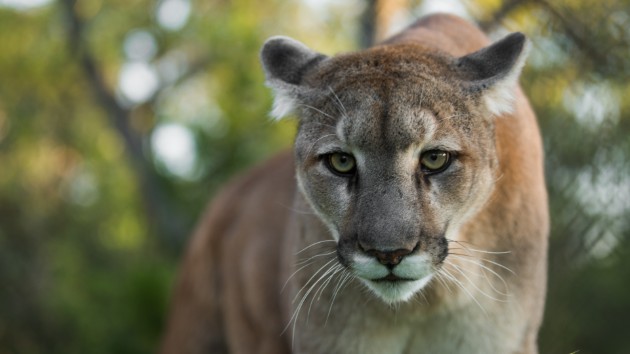
PORT ANGELES — Two wild cougars on Washington’s Olympic Peninsula have died from avian influenza, signaling a concerning spread of the virus. The Washington Department of Fish and Wildlife and the conservation group Panthera confirmed the cases.
The said a young male cougar near Blyn in Clallam County was found weak and emaciated, while another, a collared male named Zepplin, was tracked scavenging along beaches. Both were infected with the H5N1 virus, likely contracted from prey such as raccoons or seabirds.
The virus has been spreading in Washington since 2022, raising concerns about its effects on predators and ecosystems.
Josh Rosenau with the Mountain Lion Foundation says it’s too early to know how widespread bird flu has become among the local cougar population, or local wildlife in general.
“I think we’re going to have to see what comes with this because we know, for instance, that in zoos, covid-19 also was hitting a lot of big cats and could infect mountain lions as well. We’ve seen people with pet cats, and captive mountain lions getting bird flu, as well. We know it’s spreading. So, it’s out there and it’s continuing to spread. It’ll be concerning to see how far that spreads, because it’s not like anyone’s out there every day doing nasal swabs on cougars. Right?”
It’s unknown how many cougars live on the peninsula. They’re notoriously difficult to track and study. But as of this time last year, there were over 90 collared cougars on the Olympic Peninsula thanks to the Olympic Cougar Project, a collaboration between Panthera, an organization that works to protect wild cats, and the Lower Elwha and other tribes, who use radio tracking technology to monitor the cougars.
That should help Fish and Wildlife and other scientists know if bird flu becomes a widespread problem among apex predators on the peninsula.
In the meantime, officials urge the public to report sick or dead wildlife and keep pets away from carcasses. The CDC says the risk to humans remains low, but the virus continues to infect more species across North America.
